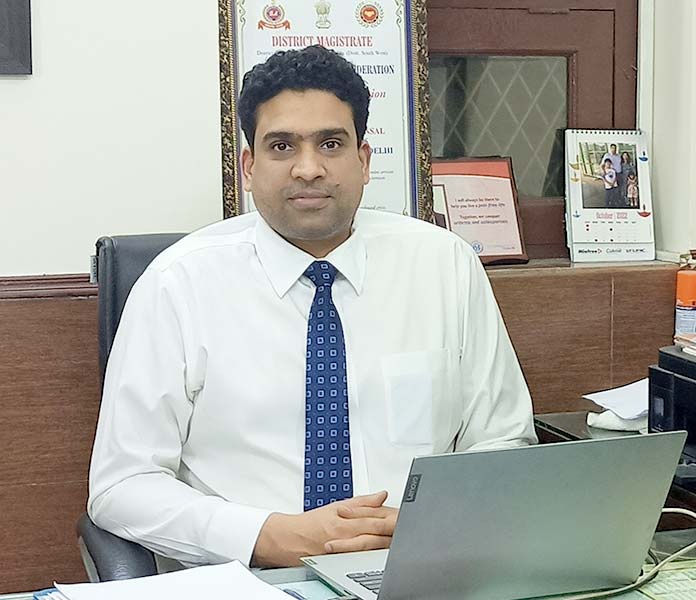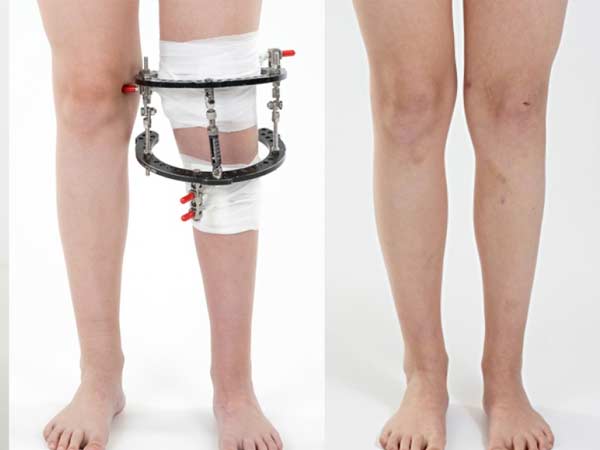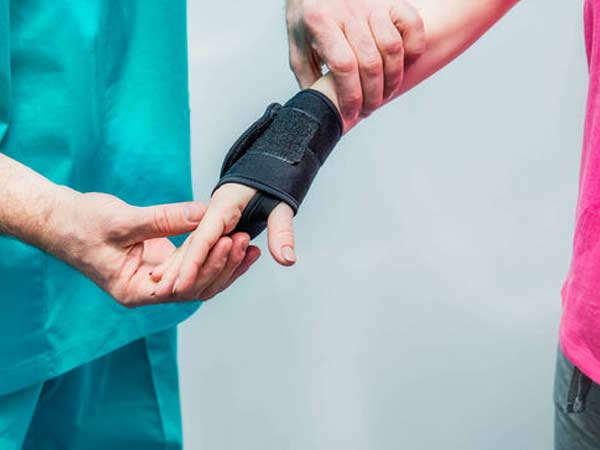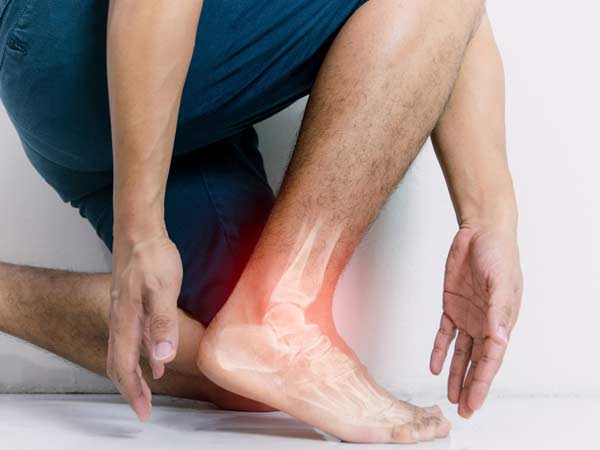Hip Replacement Surgery in Delhi: A Comprehensive Guide by Dr. Ashu Consul
Are you struggling with hip pain and looking for a reliable solution? Hip replacement surgery might be the answer you’re seeking. As a resident of Delhi, you’re in luck because Dr. Ashu Consul is one of the leading orthopedic surgeons in the city, specializing in hip replacement surgery in West Delhi.
What is Hip Replacement Surgery?
Hip replacement surgery, also known as hip arthroplasty, is a surgical procedure where the damaged or arthritic joint is replaced with an artificial joint made of metal, plastic, or ceramic materials. The primary goal of the surgery is to alleviate pain, improve mobility, and enhance the overall quality of life.
Why Do I Need Hip Replacement Surgery in Delhi?
If you’re experiencing any of the following symptoms, you might be a candidate for hip replacement surgery:
- Severe hip pain that interferes with daily activities
- Limited mobility due to stiffness or pain
- Difficulty walking or climbing stairs
- Pain in the hip that persists even after medication and therapy
Types of Hip Replacement Surgery in West Delhi
There are several types of hip replacement surgeries, including:
- Total Hip Replacement (THR): Replaces the entire hip joint
- Partial Hip Replacement (PHR): Replaces only the damaged part of the joint
- Hip Resurfacing: A minimally invasive procedure that resurfaces the joint
Benefits of Hip Replacement Surgery
Hip replacement surgery in Delhi offers numerous benefits, including:
- Pain relief: Significant reduction in hip pain
- Improved mobility: Enhanced range of motion and flexibility
- Increased independence: Ability to perform daily activities without assistance
- Better quality of life: Improved overall well-being and reduced disability
Risks and Complications
As with any surgery, hip replacement surgery carries some risks and complications, including:
- Infection: Risk of infection is present with any surgical procedure
- Blood clots: Risk of blood clots forming in the legs or lungs
- Nerve damage: Risk of nerve damage during the surgery
- Implant failure: Risk of the artificial joint failing over time
Preparing for Hip Replacement Surgery
To prepare for the surgery, you’ll need to:
- Stop smoking: To reduce the risk of complications
- Lose weight: To reduce the stress on the new joint
- Exercise regularly: To improve mobility and strength
- Attend pre-surgery appointments: To discuss any concerns or questions
The Surgery Procedure
The surgery procedure typically takes 1-2 hours and involves:
- General anesthesia: To ensure you’re comfortable during the procedure
- Incision: A 6-8 inch incision is made to access the hip joint
- Implant placement: The artificial joint is carefully placed and secured
- Closure: The incision is closed, and the wound is dressed
Recovery and Rehabilitation
Recovery and rehabilitation are crucial for a successful outcome. You’ll need to:
- Rest: Allow the joint to heal and recover
- Physical therapy: Engage in regular physical therapy to improve mobility and strength
- Pain management: Manage pain with medication and other techniques
- Follow-up appointments: Attend follow-up appointments to monitor progress
Dr. Ashu Consul: Expertise and Experience
Dr. Ashu Consul is a renowned orthopedic surgeon in Delhi, with years of experience in performing hip replacement surgery in West Delhi. His expertise and dedication to providing personalized care make him an ideal choice for your hip replacement surgery.
FAQ about Hip Replacement Surgery in Delhi
How long does hip replacement surgery take?
Hip replacement surgery typically takes between one to two hours to complete, depending on the complexity of the procedure and individual patient factors.
What is the recovery period after hip replacement?
The recovery period after hip replacement surgery varies for each patient but generally involves a few days of hospitalization followed by several weeks of rehabilitation and recovery at home.
When can I return to work or resume normal activities after hip replacement?
Most patients can return to light activities within a few weeks after surgery, but it may take several months to fully resume normal activities and strenuous exercises.
Are there any dietary restrictions after hip replacement?
While there are no specific dietary restrictions after hip replacement surgery, maintaining a balanced diet rich in nutrients can support the healing process and overall health.
What precautions should I take to prevent complications after hip replacement?
Patients should follow postoperative instructions provided by their healthcare providers, including taking prescribed medications, attending follow-up appointments, and avoiding high-impact activities that could stress the hip joint.
How much does the surgery cost?
The cost varies depending on the type of surgery and hospital. Consult with Dr. Consul for a personalized quote.
Is hip replacement surgery in Delhi covered by insurance?
Many insurance plans cover hip replacement surgery, but coverage may vary depending on individual insurance policies and healthcare providers. Patients are advised to check with their insurance providers to understand their coverage options and potential out-of-pocket expenses.
Conclusion
Hip replacement surgery is a life-changing procedure that can alleviate pain, improve mobility, and enhance the overall quality of life. With Dr. Ashu Consul’s expertise and experience, you can trust that you’re in good hands. If you’re considering hip replacement surgery in West Delhi, schedule a consultation with Dr. Consul today.
The Neo Orthopaedic Clinic
31 A, Pkt-II, Sector – 6 Dwarka, New Delhi 110075 India
Phone: 011-45020554
Secondary Phone: 9871442963
| Monday | 5:00 PM – 8:00 PM |
| Tuesday | 5:00 PM – 8:00 PM |
| Wednesday | 5:00 PM – 8:00 PM |
| Thursday | 5:00 PM – 8:00 PM |
| Friday | 5:00 PM – 8:00 PM |
| Saturday | 5:00 PM – 8:00 PM |
| Sunday | Closed |







